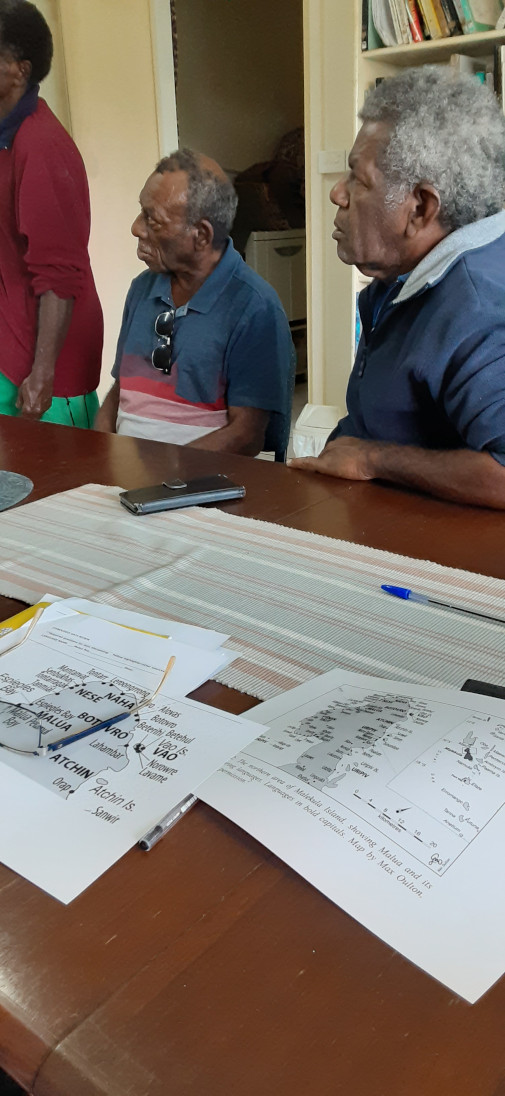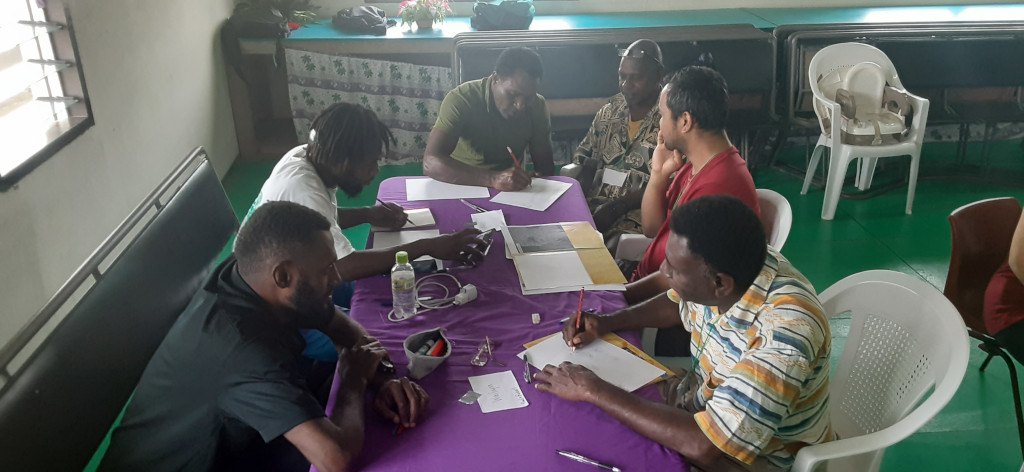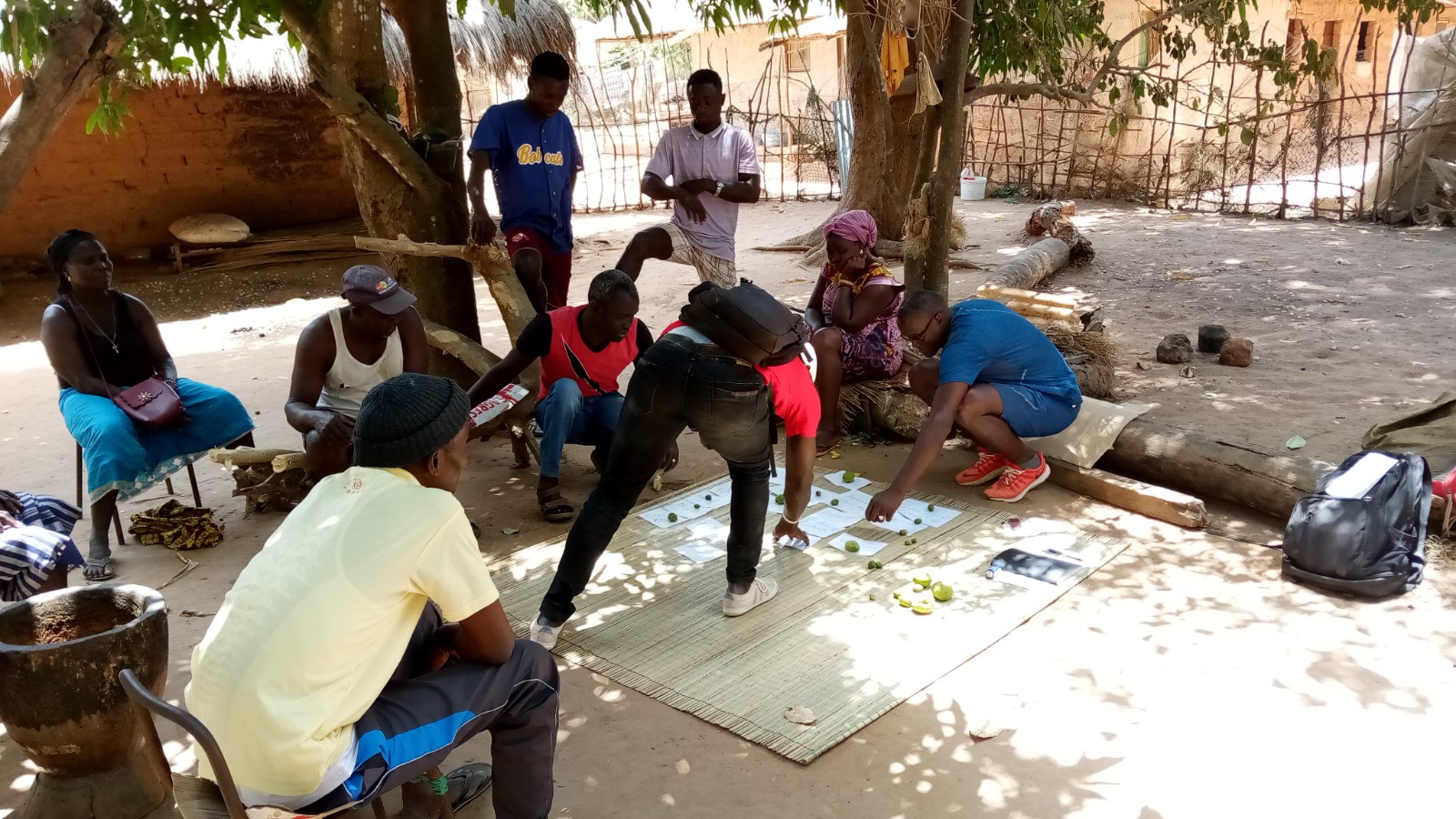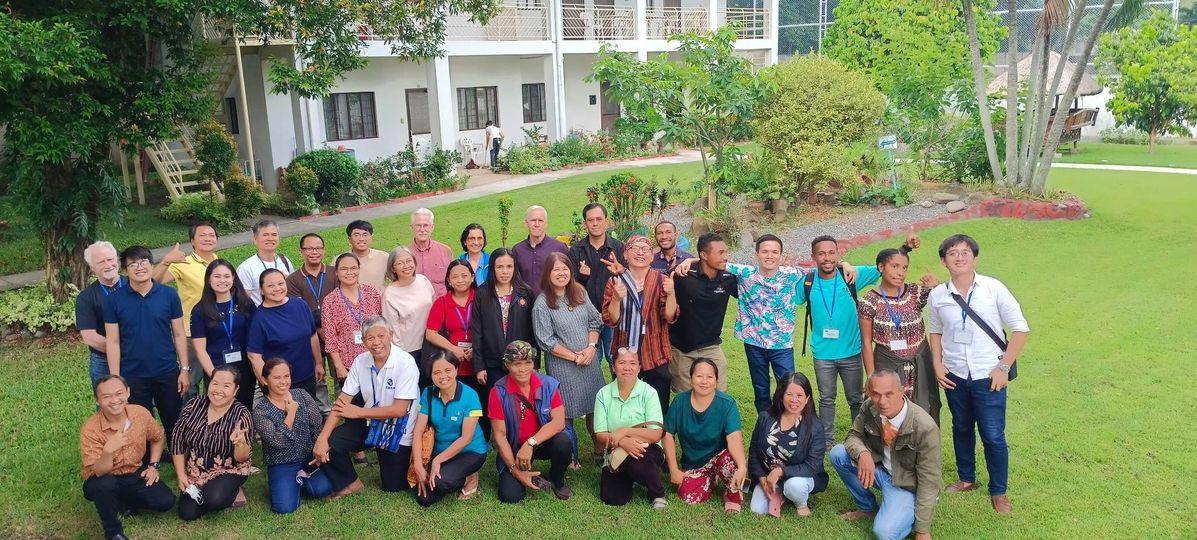"Global Voice" Initiative

Purpose
The Global Voice (GV) initiative is a program launched by Ethnologue to improve the quality of the data that is available on the language ecologies of the world. At each GV event, Ethnologue partners with a community group or institution to conduct data gathering workshops with local speakers and/or local language experts. Global Voice has a particular focus on the minoritized languages of each country. The end goal is to amplify the voices of those languages that are little known or seldom heard from, or that are the least represented in our data. This is achieved by updating the old or missing data found in Ethnologue. Accurate and current data on the ecology of each under-documented language will provide:
- improved awareness to language community members about their own linguistic ‘situation’,
- baseline information for scholars who study those languages,
- critical statistics to those who desire to serve these language communities.
“The participants who came were excited to be part of the workshop as the ongoing vitality and use of their languages was of utmost importance for most of them.”
Global Voice event host
“Thanks again for all the help from Ethnologue in making this event happen. It really did exceed our expectations.”
Mike Bryant, Language Program Manager
Process
In many regions of the world large scale on-the-ground surveys of minority languages are not feasible. In such locations, the Global Voice offers an alternative approach via the strategy of collaborative data collection - collaborating with those who already have the data.
This involves a team of SIL/Ethnologue Senior Sociolinguistic Consultants who travel to, or virtually visit, the countries where updates are needed and hold face-to-face events with ‘the right people in the room’. These would include members of the language community, local linguists, government workers, and members of partnering organizations (NGO’s/mission agencies) who have had recent contact with language communities in the country.
The kind of data we are after is not information on linguistic structure - but rather sociolinguistic information on the ‘ecology’ of each language - how each language is being used in its local context by its speakers. This is the kind of data Ethnologue reports on - populations, names, dialects, locations, vitality, ages of speakers, domains, development, multilingualism, etc.

Local facilitators are trained to work with the participants. The data is collected on a questionnaire pre-filled with our current data for each language. Facilitators assist participants to edit that hard copy, as well as a map of the language’s geographical area. That data is entered into our database and published in the next edition of Ethnologue.
Vital to this strategy is a local host - a partnering organization that believes in the importance of updating this data, both for the sake of local communities and those who serve them. This host would have a large network of possible data sources. This partner would then be the one responsible to invite the right people to the event, provide facilitators, and to host it. This is a critical role.
Giving back
Our Ethnologue team also wants to give back to the local partners (local institutions, universities, NGO’s) that participate in this effort. Some possibilities for giving back are:
- Provide the newly collected data on local languages in an organized and formatted volume focusing on the “Languages of X” that can be published by the local partners/institutions. The local partners are then authorized to translate the entire text into the language most appropriate to their setting and add their names as editors of this volume.
- Provide a training workshop in the ‘Language and Identity Journey’ - a community-based language development approach. Many partners are finding this a helpful strategy to address the challenge of working with languages undergoing language shift and loss.
- Offer seminars/training/lectures in sociolinguistics that local partners might find helpful in regard to multilingualism, language vitality, language ecology, language development methods, EGIDS, Sustainable Use Model.
- Make sure everyone collaborating with Ethnologue is able to get access free of charge.
- Provide OSCAR training as the online portal/platform for directly updating the contents of Ethnologue.

Previous events
So far, Global Voice events have been held in Guinea Bissau in partnership with Instituto de Tradução e Alfabetização, in the Democratic Republic of the Congo in partnership with Association Congolaise de la Traduction de la Bible and Seed Company, in the Philippines in partnership with Mindanao State University-Iligan Institute of Technology and in Vanuatu in partnership with SIL Vanuatu and the Vanuatu Bible Translation organization.
Watch a short video from the Global Voice event in Vanuatu:
“It was a new way of doing language survey for us in Vanuatu, which proved valuable in light of the 30+ year old Ethnologue data we were relying on to make strategic decisions for translation and language development in the country.”
Global Voice event host
“The facilitators also thoroughly enjoyed being trained to facilitate the discussions and working with people from the language communities . . . According to some informal discussion with facilitators, I also believe it was an encouraging experience for them and may even contribute towards their deepening involvement in areas of translation, literacy, and language development in the future.”
Global Voice event host
“In the future the chiefs plan to have a language day in their communities to highlight the ongoing use of their languages”
Global Voice event host
“It is good that there is now a group of Congolese linguists who can [gather language data] in other contexts.”
Maik Gibson, Senior Sociolinguist

If your organization or institution is interested in hosting a Global Voice event, or finding out more about our program, please contact our Ethnologue General Editor, David M. Eberhard.
